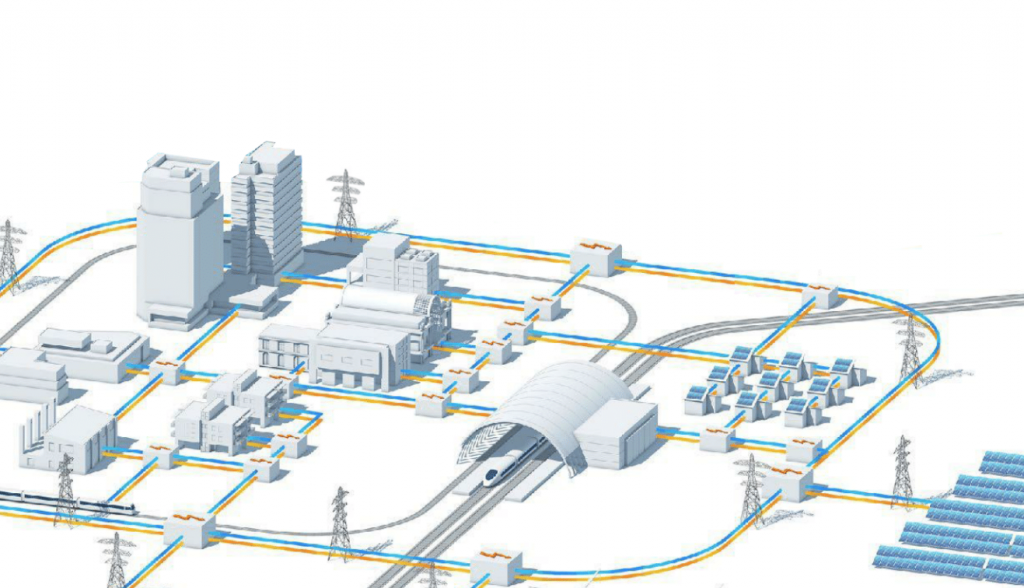The most complex microgrid ever developed, embedded with the most advanced power electronics controlled by artificial intelligence and neural networks
In the last decade the increasing penetration of renewables has been contributing to phase-out traditional power plants and to put the role of energy storage systems under the spotlight.
This energy transition scenario was foreseen in advance by the EPS founders in 2005, which in collaboration with the Politecnico di Milano e Torino decided to focus over the management of microgrids, stationary battery storage and hydrogen technology.
This pioneering vision contributed to make EPS one of the most successful technology players in the world, delivering one of the largest installed bases of commercial microgrids and utility-scale systems globally, as well as growing from a start-up to now a company leveraging on the ENGIE global reach.
Similarly, Politecnico di Milano decided to invest in the Department of Energy in 2008 which now is a Department of Excellence recognized in Italy. The Excellence title was granted based on the research activity in the mobility field.
EPS and Politecnico di Milano decided to join their excellence to face the challenge of replacement of conventional centralized power plants with renewable energy and new businesses related to the EV as the integration of their charging stations in distribution networks. In emerging countries, 2.4 billion people reliant on diesel generation which will be replaced by renewable energy taking advantage of the reduced cost combined with the maturation of the energy storage market.
To pave the way towards these goals, in 2017 EPS and Politecnico di Milano launched a four years research plan, under the name of PRedictive OPtimizations Heading to the Energy Transition (PROPHET).
Throughout the whole project a combination of traditional optimization techniques (e.g. MILP) and novel Artificial Intelligence and Neural Networks Algorithms is going to be deployed for unravelling complex energy engineering dilemmas, as the fuel minimization in multigoods microgrids, electric vehicle recharging or the real time battery state estimation.

Partners

